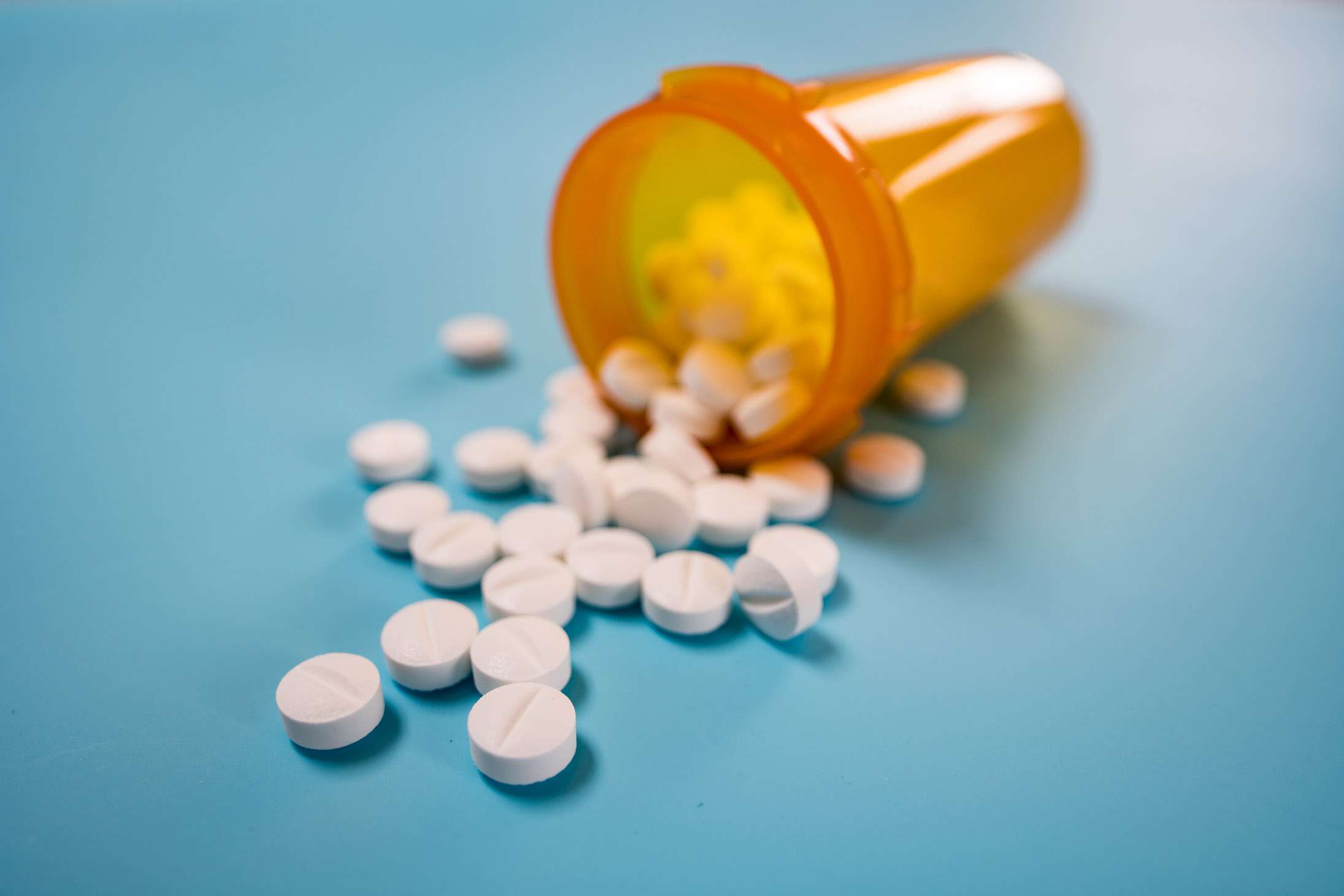The opioid crisis in the US has increased the availability of organs for people looking for a transplant due to drug overdose deaths. As a result, someone in need of a kidney transplant might face a dilemma on whether to accept a kidney in this type of circumstance.
One of the potential concerns relates to the organ donor being labeled as having an “increased risk” for contracting hepatitis B, hepatitis C, or HIV, which may not be able to be detected if contracted a week before his/her death. However, the risk is relatively small (less than a 1-in-1,000 chance), and a recent analysis found that standard-risk kidneys tend to perform worse on average than the “increased risk” kidneys among the transplant recipients studied.




